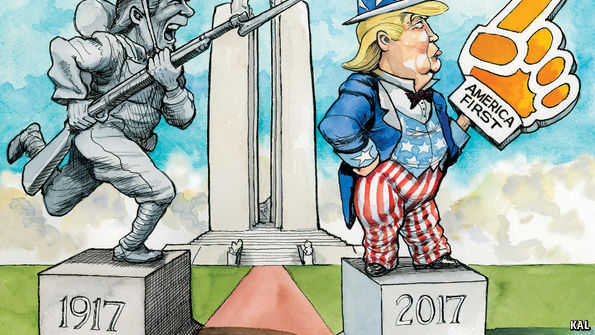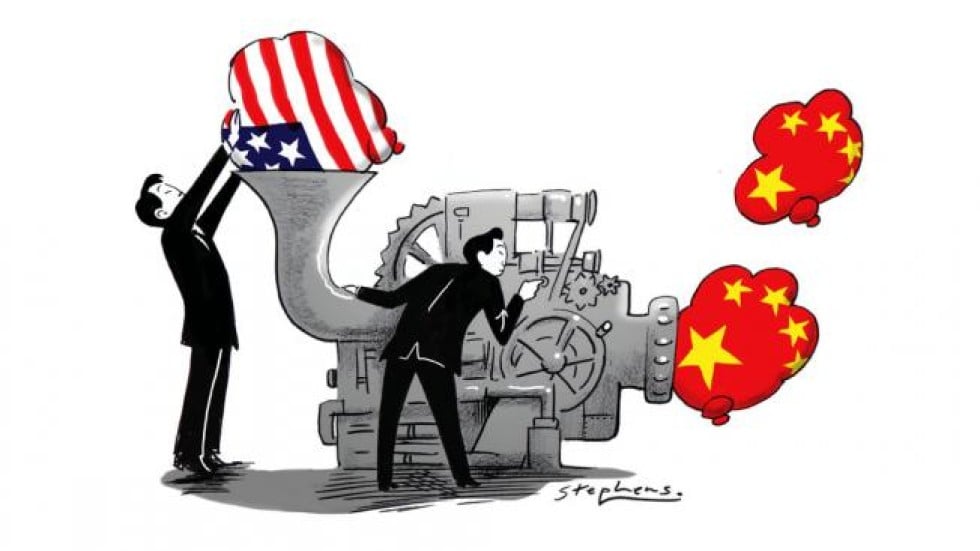
Lessons from the Enormous Casualties of World War I
While the League of Nations was a groundbreaking experiment and the first of its kind in history, it ultimately ended in failure, perhaps the biggest reason being that America abstained when it should have been at the center of the group.
America practiced an isolationist policy then, and Congress refused to ratify the treaty necessary for U.S. participation in the League. Furthermore, between Japan and Germany's withdrawal, and the Soviet Union's expulsion, the League existed in name only. It could not prevent the gears of history from turning in the direction of another world war.
Does America intend to repeat the same mistake? President Donald Trump has withdrawn America from the United Nations Human Rights Council due to its anti-Israel bias, a move that is believed to be motivated by the will of Trump’s base.
Trump's lack of concern about isolationism and the “America First” principle keeps shaking up the rest of the world. He has caused cracks in the entire framework of international cooperation: his decision to withdraw from the Iran nuclear treaty; his framework for tackling climate change; his withdrawal from the Trans-Pacific Partnership; his one-sided taxation of imported goods and trade wars …
After World War II, the world once again strove for peace through cooperation, and so the United Nations was founded. This summer marks the U.N. Charter's 73rd birthday; on June 26, 1945, 50 nations signed the document. I think that in an age where the major world powers are putting their own countries’ interests first, we should once again think about the U.N.’s significance so that the gears of history will not turn in reverse.


